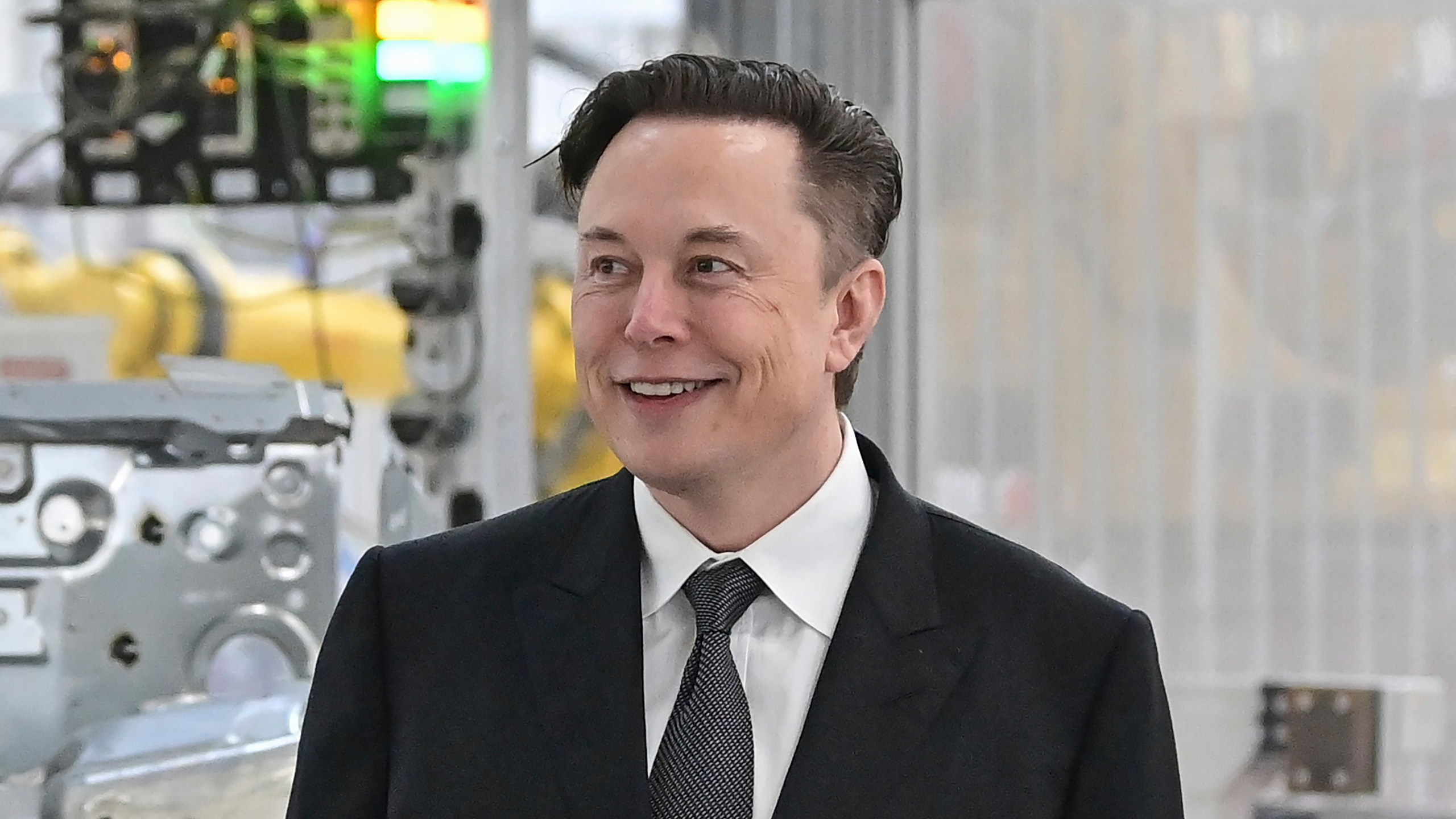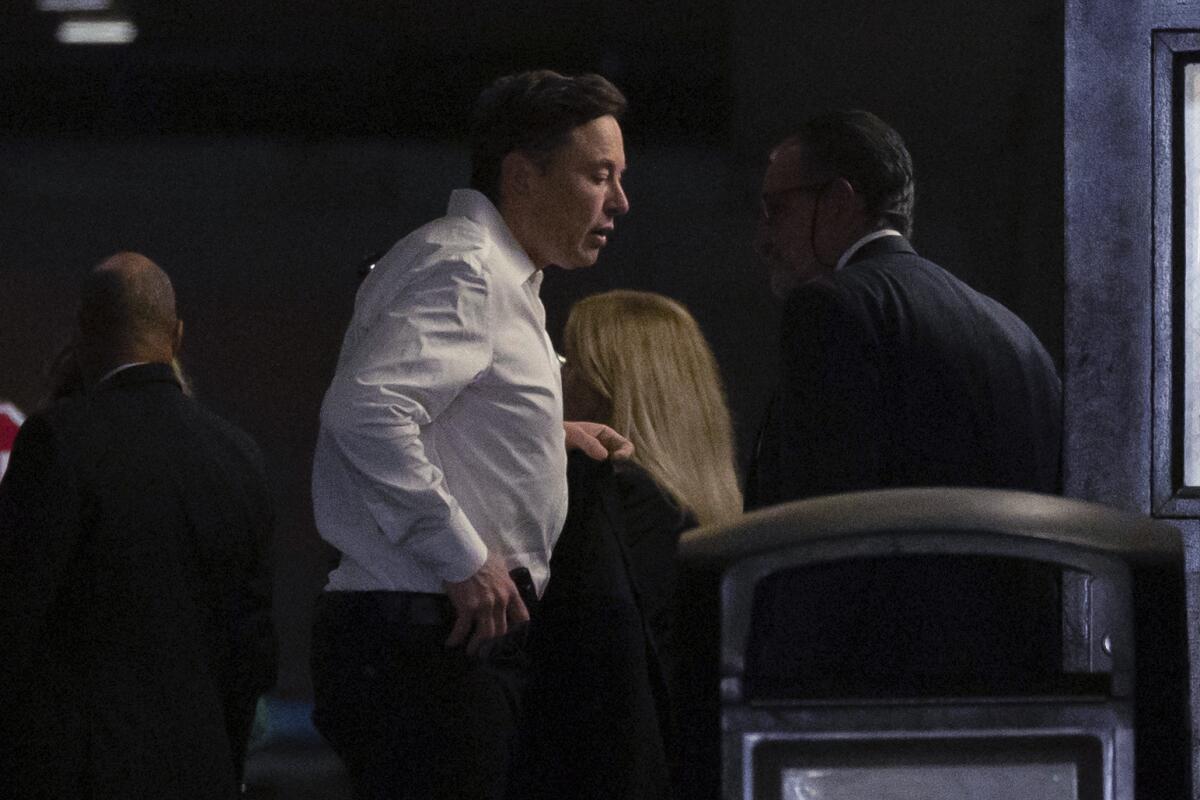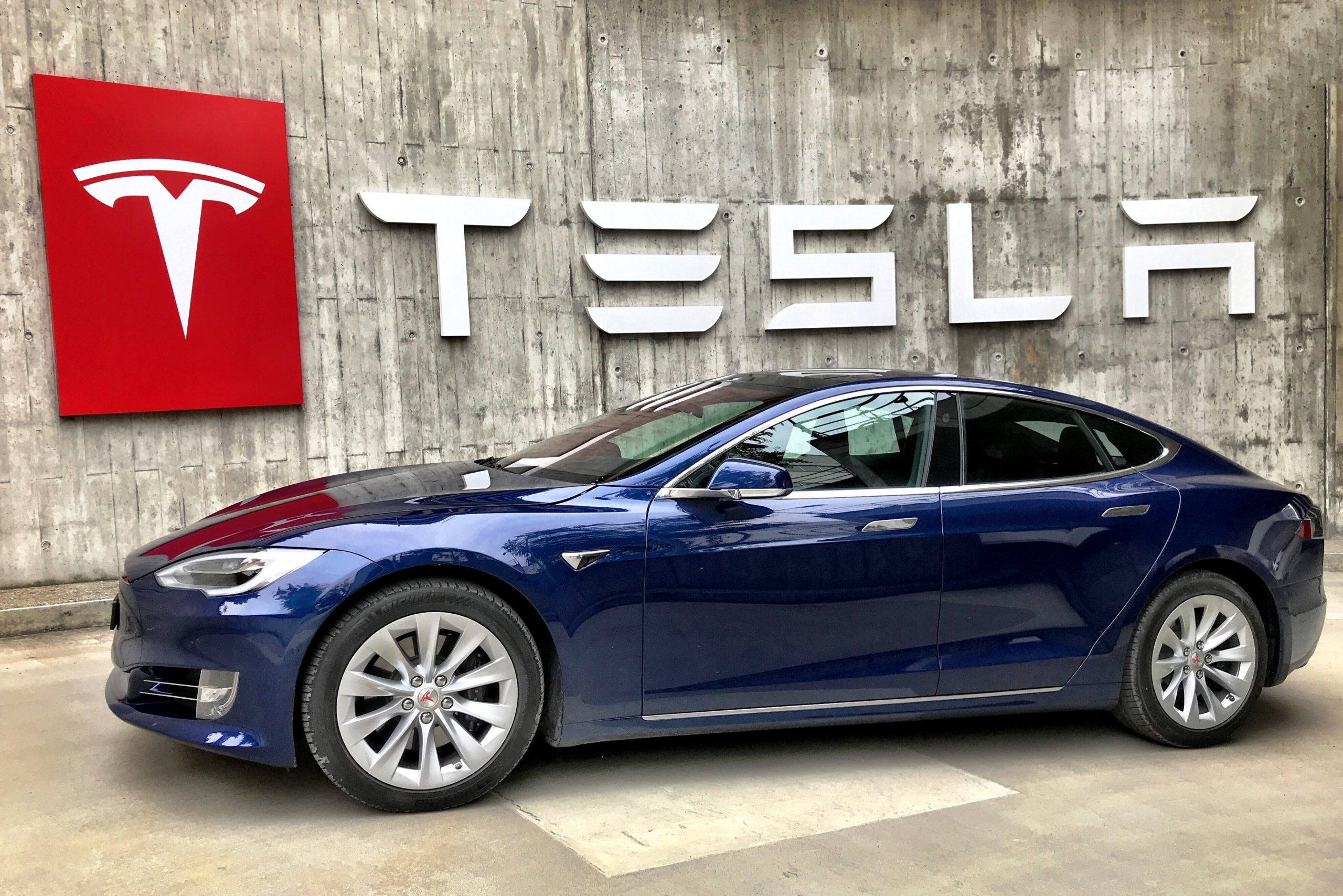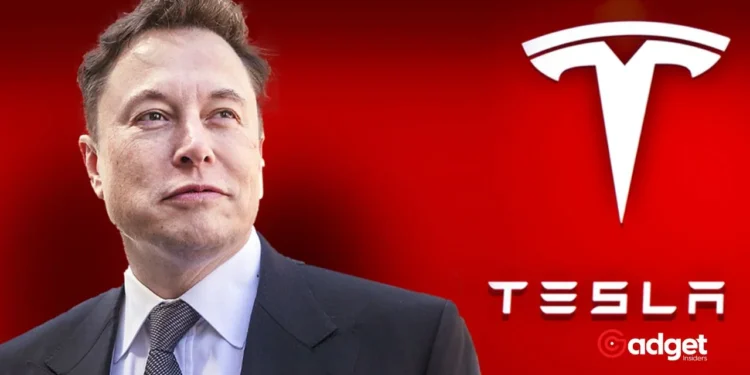In a recent twist within the legal corridors of Wilmington, Delaware, a determined Tesla shareholder has intensified the ongoing litigation against CEO Elon Musk’s staggering $56 billion pay package. This legal challenge not only questions the compensation’s validity but also Tesla’s attempt to shift its legal domicile from Delaware to Texas.
The shareholder, Richard Tornetta, argues that this move is a calculated attempt to escape the Delaware Chancery Court’s authority, which has been the venue for this high-profile case for over two decades.
On Wednesday, Tornetta’s attorneys urged Chancellor Kathaleen McCormick to halt the company’s proposed reincorporation before the company’s pivotal June 13 annual meeting. At this meeting, shareholders are expected to vote on the contentious 2018 pay package anew and decide whether to relocate the company’s legal home base.
According to Tornetta’s legal team, “Defendants cannot now seek to run from this jurisdiction and undo years of litigation because they are unhappy with the outcome.”

Tesla: Unraveling the $56 Billion Pay Package
In January, Chancellor McCormick struck down Musk’s pay package as “unfathomable,” highlighting that it was devised by a board lacking independence and transparency.
The stock option deal, potentially worth up to $56 billion, was obscured in details when presented to shareholders in 2018. Despite Tesla’s defense that the package was a driver of unprecedented performance, with Musk yet to exercise these options, the court’s decision underscored significant governance oversights.
Tesla Delaware lawsuit also delayed
The ten-year monster battle between Google and Oracle overthe use of Java APIs will be delayed until further notice – after the US Supreme Court announced it was suspending https://t.co/87JhNaCamN
— worldtechvalley (@worldtechvalley) March 16, 2020
Elon Musk’s Counter and Corporate Strategy
Elon Musk, known for his vocal criticisms, did not shy away from expressing his discontent with Delaware’s legal framework, accusing it of deterring companies from relocating.
In light of the court ruling, Tesla has attempted a unique legal strategy by asking its shareholders to “ratify” Musk’s 2018 pay in what appears to be a maneuver to reaffirm his motivation and mitigate potential financial repercussions stemming from the lawsuit, including $6 billion in claimed attorneys’ fees.

The Economic Context and Future Projections
This legal confrontation arrives at a crucial time for Tesla, as it recently projected a sales uptick and announced plans to introduce more economically priced models by early 2025.
This news spurred a notable 10% rise in Tesla’s shares in early trading, momentarily easing concerns about the company’s growth trajectory amid the broader industry challenges.

As the date of the annual meeting approaches, all eyes will be on Tesla’s shareholders and the Delaware court’s response to Tornetta’s plea.
The outcome of this legal saga could set a significant precedent not only for Tesla but for corporate America’s governance and accountability standards, potentially reshaping how executive compensations and corporate decisions are evaluated and ratified in a court of law.










